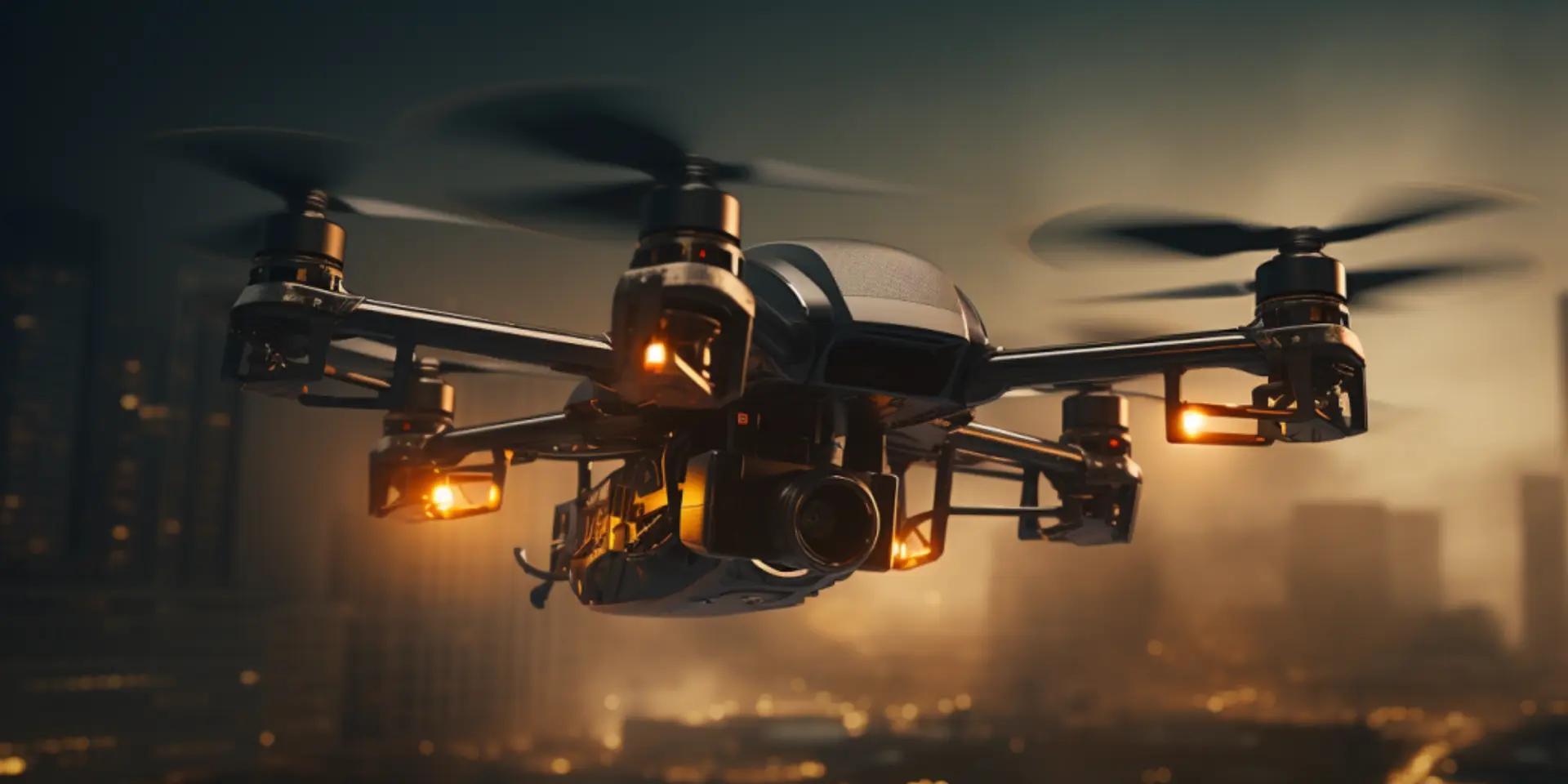Transforming Industries: The Power of Autonomous Drones
Regulatory Framework and Ethical Considerations: Navigating the Future of Autonomous Drones
In recent years, autonomous drones have emerged as a transformative technology with vast applications across various industries. From agriculture to military operations, these unmanned aerial vehicles (UAVs) offer numerous benefits, including cost savings, increased efficiency, and improved safety. However, their development also presents significant challenges that need to be addressed. In this article, we will explore the potential applications, benefits, and hurdles associated with autonomous drones.
Exploring the Potential of Autonomous Drones:
Autonomous drones bring about significant cost savings by reducing the need for manual labor. With decreased reliance on human operators, businesses can allocate resources to other areas of operation, boosting efficiency and productivity. Moreover, these drones offer improved safety as they can be deployed in hazardous environments, eliminating the risk to human lives.
Challenges in Autonomous Drone Technology:
While autonomous drones hold promise, they also pose challenges. The ability to identify and avoid obstacles in the environment requires the development of sophisticated sensory systems. Additionally, the lack of human operators necessitates pre-programmed decision-making, limiting adaptability to unforeseen situations. Furthermore, legal and ethical considerations arise, demanding the establishment of regulations to govern their use.
The Pros and Cons of Unmanned Flight:
Autonomous drones offer several benefits but also come with drawbacks. As unmanned vehicles, they may not adhere to the same safety standards as manned aircraft, potentially posing hazards if not used properly. There is also a concern for cybercrime, as drones can be vulnerable to hacking and misuse of data. Furthermore, the legal framework surrounding autonomous drones is still evolving, requiring clarity on regulations and privacy protection.
An Overview of Autonomous Drone Technology:
Autonomous drone technology has gained popularity due to its advantages across various industries. These UAVs can fly and navigate without human intervention, offering increased efficiency, safety, cost savings, and improved accuracy. However, the technology presents unique challenges that must be addressed for its widespread adoption.
The Impact of Autonomous Drones: How Will They Change the Future?
Autonomous drones are poised to revolutionise industries such as agriculture, infrastructure, defence, and surveillance. They offer possibilities for improved efficiency, cost savings, and enhanced security for businesses and the public. In the coming years, UAVs will play a significant role in shaping our world.
Navigating the Regulatory Landscape and Ethical Considerations:
The rapid growth of autonomous drone technology has raised regulatory and ethical concerns. The Federal Aviation Administration (FAA) is responsible for creating rules governing the use of UAVs. Current regulations include registration, operation within line of sight, altitude limitations, and restrictions on flying over crowds and near airports. Striking a balance between innovation, safety, and ethical considerations remains crucial as regulations continue to evolve.
VECROS: Transforming Industrial Inspection with Autonomous Drones:
Within the realm of autonomous drones, companies like Vecros have made significant strides in revolutionising industrial inspection. By leveraging computer vision technology, Vecros enables autonomous drones to conduct precise inspections, reducing the need for manual monitoring and improving operational efficiency. This innovative approach enhances safety and accuracy, making industrial inspections more reliable and cost-effective.
As we embrace the potential of autonomous drones, it is imperative to address the challenges they present while leveraging their benefits. The development of sophisticated sensory systems, adaptability to unexpected situations, and robust regulatory frameworks are essential for responsible and widespread deployment. With continued research, collaboration, and adherence to ethical practices, autonomous drones have the potential to revolutionise industries and contribute to a safer and more efficient future.







